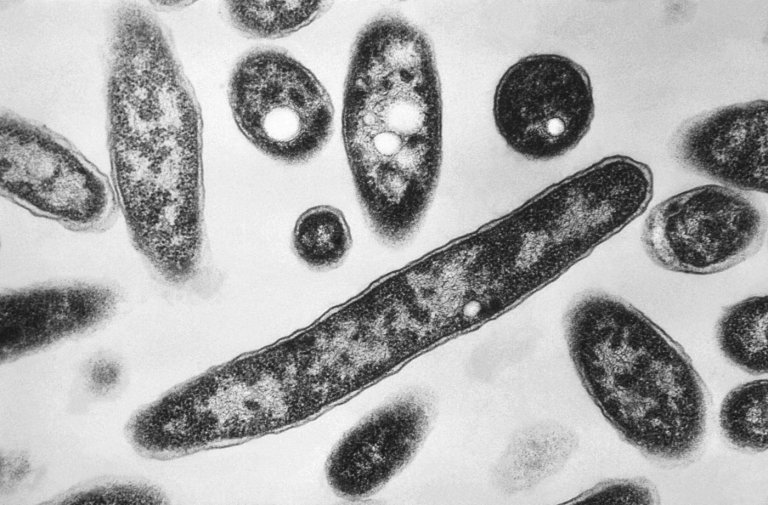Dallas Ebola patient’s family forgoes seeing him via video, says seeing him is too upsetting
DALLAS – The family of a man diagnosed with the first U.S. case of Ebola visited him at the hospital Tuesday but declined to view him again via video because the last time had been too upsetting.
Relatives of Thomas Eric Duncan are visiting from North Carolina and they glimpsed him using a camera system at Dallas’ Texas Health Presbyterian Hospital on Monday. But when they returned anew, this time with the Rev. Jesse Jackson, they decided such images were too much.
“What we saw was very painful. It didn’t look good,” said Duncan’s nephew, Josephus Weeks.
Weeks said he and Duncan’s mother were unable to sleep after seeing Duncan’s face.
The hospital says Duncan, 42, is in critical condition and is sedated but stable. He is on a breathing machine and kidney dialysis. Duncan’s liver function, which declined over the weekend, has improved, though doctors say it may not stay that way.
Duncan’s relatives said they had been concerned that Duncan was not getting the same treatment that an American with Ebola would and contacted Jackson for help.
Duncan grew up in Liberia but came to Dallas in late September to attend the high school graduation of his son, Karsiah.
“I’m just praying my dad will make it out safely,” Karsiah Duncan said at a news conference Tuesday night hosted by a Dallas church.
Mai Wureh said Duncan, her half brother, planned to marry Karsiah’s mother and apply for more permanent status in the United States.
Join the Conversation!
Want to share your thoughts, add context, or connect with others in your community? Create a free account to comment on stories, ask questions, and join meaningful discussions on our new site.



















Leave a Reply
You must be logged in to post a comment.